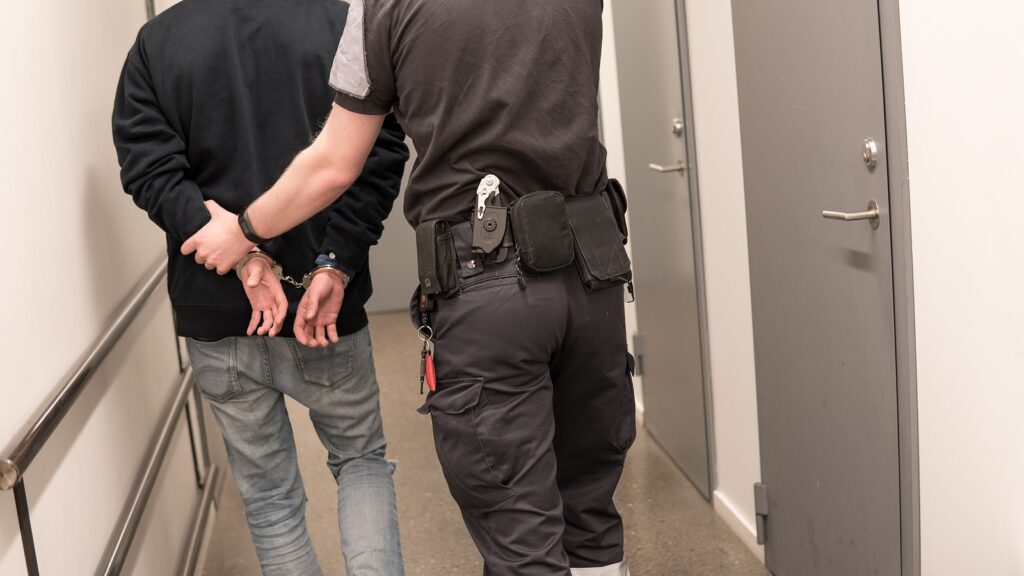First, you must know exactly how Massachusetts looks at a conspiracy case and if what you have done fits into those parameters. In Massachusetts, conspiracy is a combination of two or more individuals, by some collaborative action, to accomplish a criminal or unlawful goal or a goal not in itself criminal or unlawful by unlawful means. At the core of a conspiracy charge is the “combination” element. This is where a Boston conspiracy defense attorney can help.
A combination must be formed between you and another(s), whereby you form an agreement to accomplish some unlawful end. To convict you of a conspiracy, the state must prove that there was both an intent to combine forces and that you fully intended to do something that you knew was unlawful.
If this “union of forces” conspires to do something wrong only because there is a statute prohibiting it, then the state will have to prove that you, as the defendant, knew that the act was against the law. More simply, if the purpose of the conspiracy is to do something wrong in and of itself, then to satisfy and prove the intent element, the state prosecutor only must prove that you knew what you were doing.
It’s important to note that a charge of conspiracy in Massachusetts is rarely used unless it is in connection with a drug crime. This is because proving someone’s intent and subsequent agreement is difficult, if not impossible.

So, usually—and as the preferred method of prosecution—when the state prosecutor believes that two or more individuals are acting in concert, they charge all of them with the crime and proceed using a joint venture theory. Proving joint venture is a much easier task, thereby making it the preferred conspiracy charge in Massachusetts.
After you and your Boston conspiracy defense attorney uncover and discuss all the details of your case, you can diligently plan your defense. There are certain common defenses that most cases use, such as:
- Lack of Evidence: At times, all the authorities have to work on is a theory. A highly pertinent part of obtaining a conviction in these types of cases depends on the intention of the accused parties. It is also particularly important that you make no statements to the police, since they may have only limited evidence against you.
- No Furthering Actions: As discussed, a conviction in these cases requires not only the intent to conspire but an actual act in furtherance of the crime. For example, if you had the intention of joining in the crime but never in actuality did so, you may be able to avoid a conviction.
- Withdrawal: If you chose not to participate after initially indicating you would be involved in the crime, you might be able to avoid a conviction; however, you must establish that you made it clear that you were removing yourself from the plot. Just failing to participate in the crime is not a withdrawal without having communicated your intention.
- Mistakes Made with the Facts: Mistakes happen all the time, even in law enforcement. In many cases, they simply get the facts wrong. Your criminal defense attorney will show that you were mistakenly implicated in the crime or there was no real intention to commit a crime in the first place. This could get you acquitted on the charge.
What Are Some Examples of Penalties for a Conspiracy Conviction?
The punishments for conspiracy convictions are usually guided by the minimum sentence that the concurrent felony charge would demand.
For example:
- A felony charge of 20 years to life – then the conspiracy to commit felony would demand a maximum of 20 years
- A felony charge of 10 years to life – the conspiracy to commit a felony would carry a maximum of 10 years
- A felony charge of fewer than 10 years – then the conspiracy to commit a felony carries a maximum of five years
- All other crimes – Conspiracy to commit the crime would be a maximum of two and a half years

You begin to see how serious and life-changing a conspiracy charge and your conviction just might be. Your best defense is to consult with your Boston conspiracy attorney, providing aggressive defense for the accused, as soon as possible. By doing so, you will get the professional guidance you need and possibly get you out of this problem before it becomes worse.
What Should I Do if I Am Facing a Conspiracy Charge in Massachusetts?
Once again, consulting with your criminal defense attorney as soon as you are able is the start of your defense. It’s then up to you and your attorney to come up with the best story possible for your defense. The final story most likely will contain the following characteristics:
- Truthful Evidence: Your story should be based on a truthful foundation of evidence. For example, if your car was being used as a getaway car, show that your car was stolen from you at gunpoint the morning of the crime.
- Gaining Sympathy: It should have features that gain sympathy from the judge or the jury. If possible, show that you were committed to withdrawing from a crime before it was committed or that you might have even tried (or succeeded) in reporting the potential crime to the police to prevent it from occurring.
- Explanations & Proof: Being able to explain and prove why the events that occurred in your story were the actual events. If you claim to not even have been at the crime scene when the crime occurred, your story must show and prove that you weren’t there.

Conspiracy charges are both serious and can have severe penalties attached. Unfortunately, though, it is easy to be included in a conspiracy charge. These cases are always complex and expert, professional help is demanded to mount a positive defense. By consulting and retaining a top conspiracy law firm in Boston, you can be assured that you’ll get the defense you deserve.









